Title: Flexibility Matters: Comparing Flexible Cable vs Wire for Business Applications Introduction: When it comes to powering and connecting electrical systems, businesses have traditionally relied on wires. However, the introduction of flexible cable has provided a versatile alternative that offers numerous advantages. This article aims to compare and contrast flexible cable and wire to help businesses make informed decisions when choosing the right solution for their specific needs. 1. Flexibility and Maneuverability: One of the key advantages of flexible cable over wire is its inherent flexibility. Traditional wires are rigid and inflexible, making them challenging to install in tight spaces or when encased in a cable carrier. On the other hand, flexible cable possesses the ability to bend and twist without losing structural integrity. This dynamic characteristic allows for easier routing, reducing installation time and enabling it to be used in various applications, including robotics, automation, machinery, and portable devices. 2. Resistance to Fatigue: In many business applications, constant movement and vibrations can cause wires to undergo fatigue and eventually fail. Flexible cable, designed with specialized materials, is more resistant to fatigue, ensuring that it can endure repetitive flexing over time without compromising performance or safety. This resistance to fatigue translates into greater longevity, reduced maintenance costs, and enhanced reliability for critical business operations.
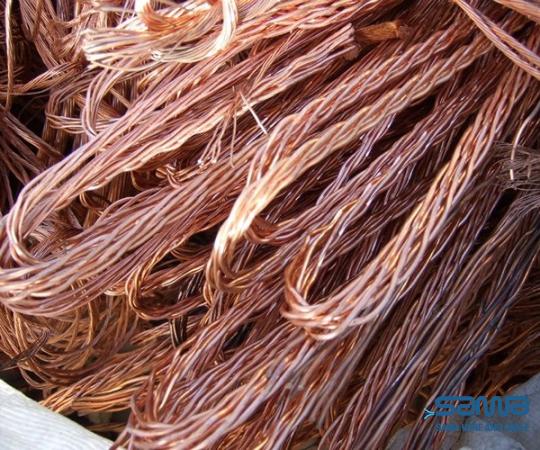
.
 3. Size and Weight: Flexible cable is inherently lighter and more compact than traditional wires of similar capacities. This size advantage is particularly important in industries and applications where weight reduction and space savings are crucial, such as aerospace, automotive, and robotics. The compactness of flexible cable allows for optimized design and increased portability, without sacrificing power or performance. 4. Signal Integrity and Noise Reduction: Flexible cable possesses excellent signal integrity, making it ideal for applications that require precise transmission of data and signals. The construction of flexible cable ensures consistent impedance levels, reducing the risk of signal loss or interference caused by electromagnetic interference (EMI) or radio frequency interference (RFI).
3. Size and Weight: Flexible cable is inherently lighter and more compact than traditional wires of similar capacities. This size advantage is particularly important in industries and applications where weight reduction and space savings are crucial, such as aerospace, automotive, and robotics. The compactness of flexible cable allows for optimized design and increased portability, without sacrificing power or performance. 4. Signal Integrity and Noise Reduction: Flexible cable possesses excellent signal integrity, making it ideal for applications that require precise transmission of data and signals. The construction of flexible cable ensures consistent impedance levels, reducing the risk of signal loss or interference caused by electromagnetic interference (EMI) or radio frequency interference (RFI).
..
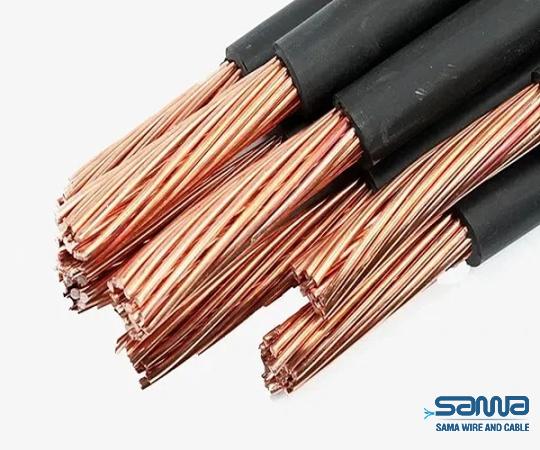 By minimizing noise, businesses can maintain superior performance and reliability in their systems and enhance overall productivity. 5. Cost-Effectiveness: Despite its numerous advantages, flexible cable is often perceived as being more expensive than traditional wire. However, upon closer examination, businesses can discover potential cost savings in the long run. The enhanced durability and performance of flexible cable may lead to reduced maintenance requirements, minimizing downtime and associated costs. Additionally, the flexibility and ease of installation of flexible cable can also contribute to significant savings in labor and installation time, offsetting the initial investment.
By minimizing noise, businesses can maintain superior performance and reliability in their systems and enhance overall productivity. 5. Cost-Effectiveness: Despite its numerous advantages, flexible cable is often perceived as being more expensive than traditional wire. However, upon closer examination, businesses can discover potential cost savings in the long run. The enhanced durability and performance of flexible cable may lead to reduced maintenance requirements, minimizing downtime and associated costs. Additionally, the flexibility and ease of installation of flexible cable can also contribute to significant savings in labor and installation time, offsetting the initial investment.
…
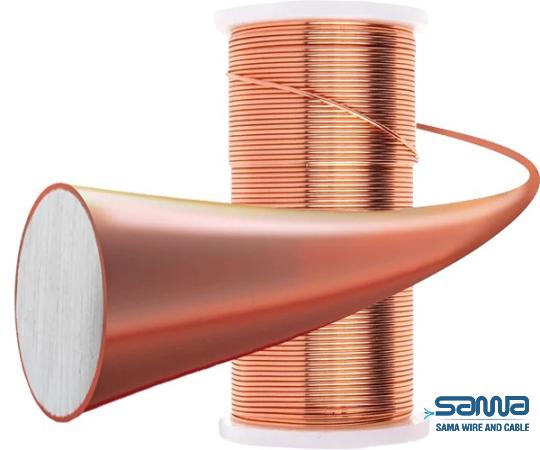 Conclusion: In an increasingly dynamic and demanding business environment, the choice between flexible cable and wire becomes critical. While wire has been the go-to solution for decades, the emergence of flexible cable has introduced a range of benefits that cannot be ignored. Its superior flexibility, resistance to fatigue, compactness, signal integrity, and potential cost savings make flexible cable a compelling choice across various industries and applications. By carefully considering their specific needs, businesses can make an informed decision and reap the advantages offered by flexible cable in their electrical systems.
Conclusion: In an increasingly dynamic and demanding business environment, the choice between flexible cable and wire becomes critical. While wire has been the go-to solution for decades, the emergence of flexible cable has introduced a range of benefits that cannot be ignored. Its superior flexibility, resistance to fatigue, compactness, signal integrity, and potential cost savings make flexible cable a compelling choice across various industries and applications. By carefully considering their specific needs, businesses can make an informed decision and reap the advantages offered by flexible cable in their electrical systems.

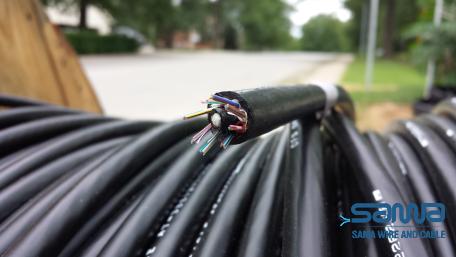
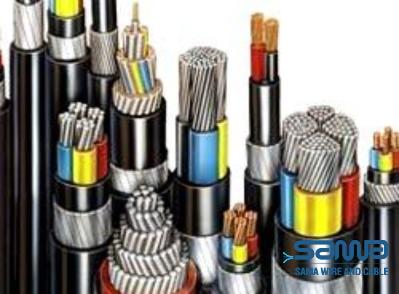

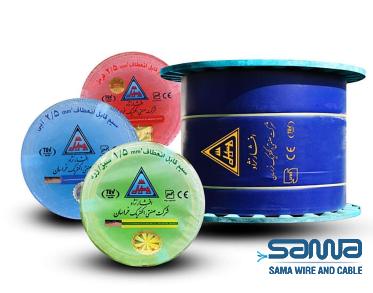
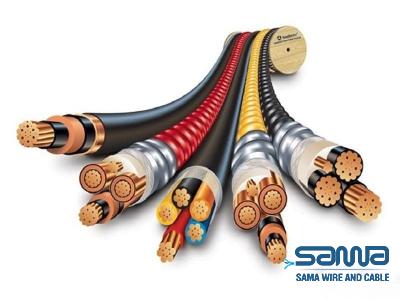
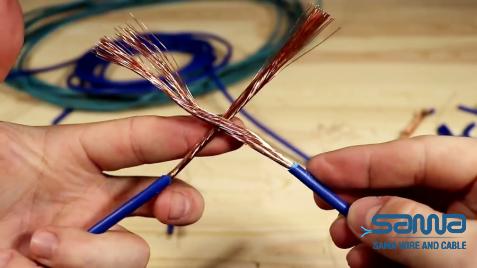
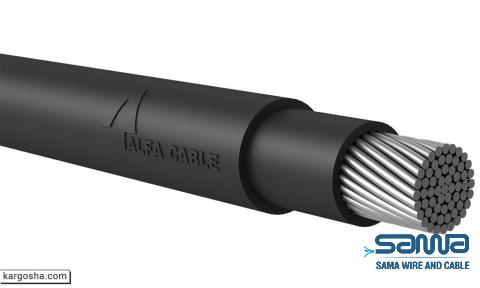
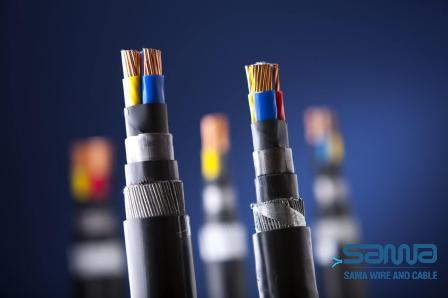
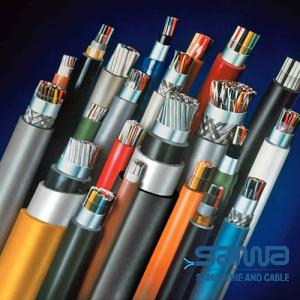
Your comment submitted.